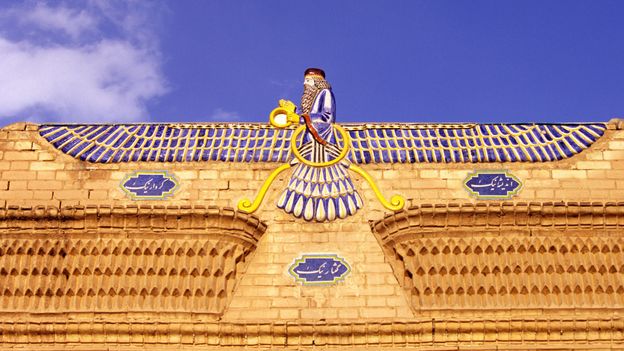I was talking to a friend from Cork at the weekend (I know, a friend from Cork!) and he'd never heard of Perkin Warbeck.
I was surprised because he is always going on about Cork being the Rebel County but had no idea what the name was given to it by King Henry VII of England after Cork's support of Perkin Warbeck in his failed attempt at a rebellion against Henry. link.
That got me thinking; are there any other such historical figures we should all know about?
One that I'm a fan of is Lady Ishbel Aberdeen , who did so much to help poor people, and particularly poor women, in Dublin and around Ireland t the turn of the last century but has been written out of our history because she was a "Brit".
I was surprised because he is always going on about Cork being the Rebel County but had no idea what the name was given to it by King Henry VII of England after Cork's support of Perkin Warbeck in his failed attempt at a rebellion against Henry. link.
That got me thinking; are there any other such historical figures we should all know about?
One that I'm a fan of is Lady Ishbel Aberdeen , who did so much to help poor people, and particularly poor women, in Dublin and around Ireland t the turn of the last century but has been written out of our history because she was a "Brit".

